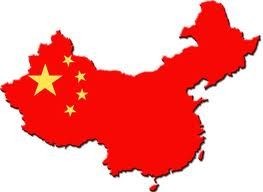BISHKEK (TCA) — The Italian Institute for International Political Studies (ISPI) has published a report, “Belt and Road: A Game Changer”. The report was published on the occasion of the China Watcher – Seventh Maria Weber Annual Conference, held in Milan on May 10.
The Conference focused on the Belt–and–Road initiative (BRI) proposed by China President Xi Jinping as a commitment to build networks of connectivity along the existing and planned international routes from various regions of China across Central and South Asia to Europe as a terminal point. The BRI is not just a way of reviving ancient trade links between Asia and Europe, but an ambitious program with massive economic and geo–political impact on various regions in Asia, Europe and also Africa.
Officially announced by Xi Jinping in 2013, the Belt and Road Initiative (BRI) has since become the centrepiece of China’s economic diplomacy.
It is a commitment to ease bottlenecks to Eurasian trade by improving and building networks of connectivity across Central and Western Asia, where the BRI aims to act as a bond for the projects of regional cooperation and integration already in progress in Southern Asia.
But it also reaches out to the Middle East as well as East and North Africa, a truly strategic area where the Belt joins the Road. Europe, the end-point of the New Silk Roads, both by land and by sea, is the ultimate geographic destination and political partner in the Belt and Road Initiative.
This report, edited by Alessia Amighini, provides an in-depth analysis of the BRI, its logic, rationale and implications for international economic and political relations.
The report is available here









